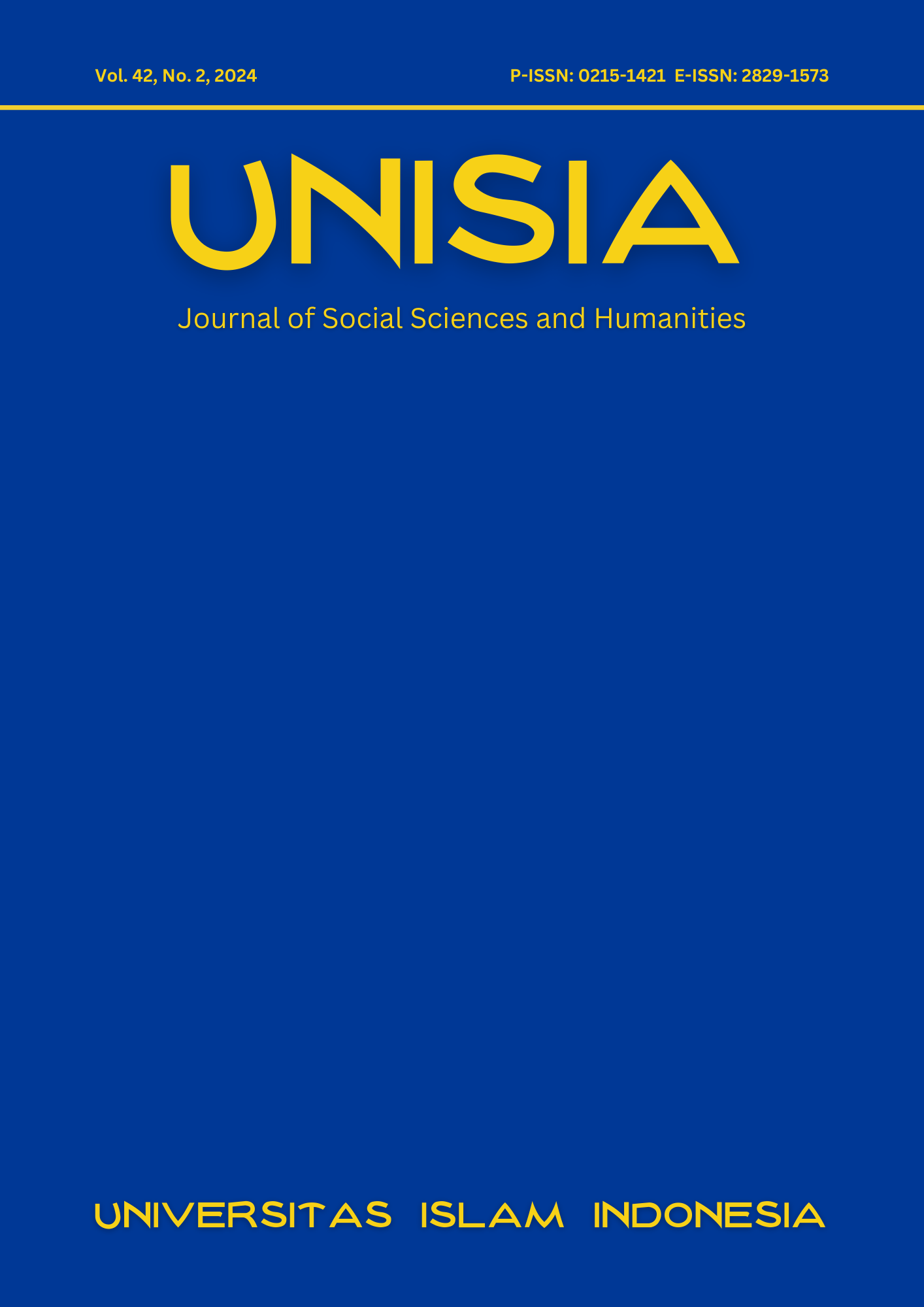Main Article Content
Abstract
This study examines the impact of GDP growth, inflation, and the BI rate on the profitability of Islamic banks in Indonesia, measured through Return on Assets (ROA) and Return on Equity (ROE). With the growing importance of Islamic banking in supporting sustainable economic development, understanding how macroeconomic variables influence its profitability is essential. The research aims to identify the individual and collective effects of these variables, contributing to the strategic adaptation of Islamic banks within Indonesia’s dual banking system. A quantitative approach was employed, utilizing secondary data from publicly available financial reports of Islamic banks and macroeconomic statistics from 2007 to 2017. Multiple regression analysis was applied to assess the relationships between macroeconomic variables (GDP growth, inflation, BI rate) and profitability indicators (ROA and ROE), supported by diagnostic tests to ensure statistical reliability. The findings reveal that GDP growth significantly enhances profitability by fostering economic expansion, increased savings, and greater demand for Sharia-compliant financial services. Inflation exhibits a dual impact: moderate inflation improves profitability through higher nominal returns, while high inflation negatively affects performance due to rising costs. The BI rate negatively influences profitability, as higher rates drive deposit shifts to conventional banks. Collectively, these variables demonstrate a complex interplay, with GDP growth emerging as the most critical factor. The study highlights the resilience of Islamic banks during economic fluctuations and underscores their alignment with sustainable development principles. These findings have practical implications for policymakers and practitioners, emphasizing the need for balanced economic policies and adaptive strategies to enhance the profitability and competitiveness of Islamic banks.
Article Details
Copyright (c) 2024 Intan Sandhyapranita, Yuli Andriansyah, Barham Bakr Hasan

This work is licensed under a Creative Commons Attribution-ShareAlike 4.0 International License.
- Authors retain copyright and grant the journal right of first publication with the work simultaneously licensed under a Creative Commons Attribution License that allows others to share the work with an acknowledgement of the work's authorship and initial publication in this journal.
- Authors are able to enter into separate, additional contractual arrangements for the non-exclusive distribution of the journal's published version of the work (e.g., post it to an institutional repository or publish it in a book), with an acknowledgement of its initial publication in this journal.
- Authors are permitted and encouraged to post their work online (e.g., in institutional repositories or on their website) prior to and during the submission process, as it can lead to productive exchanges, as well as earlier and greater citation of published work.




